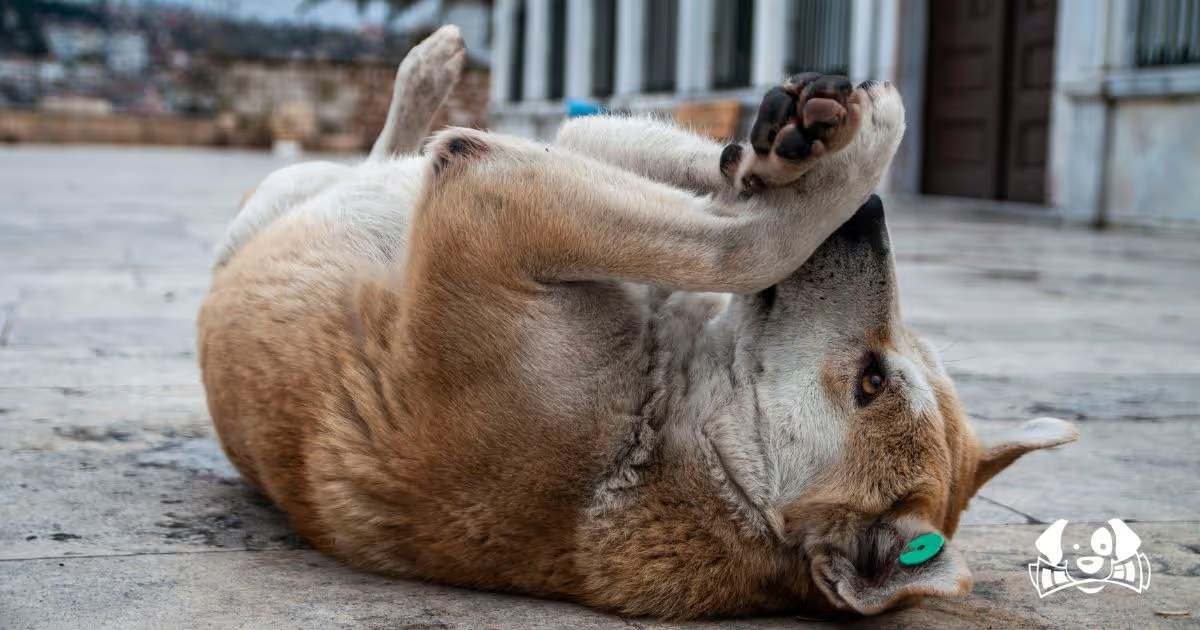Turkey to Fully Enforce Controversial Stray Dog Law
The Turkish government has announced its commitment to fully enforcing a controversial law aimed at removing millions of stray dogs from the streets following the tragic death of a two-year-old girl.
The law, which animal rights activists have dubbed the “massacre law,” was passed by the Turkish parliament last summer but has only been partially implemented by local authorities. It mandates municipalities to capture stray dogs, place them in shelters for vaccination, sterilization, or castration, and put them up for adoption. Dogs deemed sick, terminally ill, or dangerous to humans will be euthanized.

Government Officials Vow to Take Action
In a video posted on social media, Turkey’s Interior Minister Ali Yerlikaya issued a stern warning to municipalities, stating:
“Either they do this job, or I will use the full authority granted to me by law.”
The government’s renewed focus on enforcing the law comes after the death of little Rana El Selci, who was fatally attacked by a pack of stray dogs in Konya, in central Turkey. The tragedy has reignited fierce debate over the estimated four million stray dogs roaming Turkish streets and rural areas.
Following the girl’s death, authorities in Konya have begun rounding up stray dogs, and an official criminal investigation has been launched. President Recep Tayyip Erdogan confirmed that the government is taking decisive steps to ensure the law is enforced.
A Deeply Divisive Issue
A report published by Safe Streets and Defence of the Right to Life, a group advocating for the complete removal of stray dogs, claims that 65 people have died in street dog attacks since 2022, not including the recent death of Rana El Selci.
However, animal rights activists strongly oppose the legislation, fearing it will lead to mass killings or leave dogs abandoned in overcrowded, neglected shelters. Some opposition-run municipalities have openly refused to comply, promising not to round up stray dogs in their districts.
The issue has divided Turkish society, with former government officials also weighing in. During the COVID-19 pandemic, former Justice Minister Abdulhamit Gul posted a photo of himself petting a dog on social media, stating:
“We must not abandon our animal friends during these difficult times.”
This came at a time when the Turkish government encouraged feeding stray animals while lockdowns limited public movement.
Protests in Turkey and Abroad
Thousands of demonstrators have taken to the streets in multiple Turkish cities, demanding the repeal of the law. Protests have also spread to Europe, with activists warning that the legislation could deter tourists from visiting Turkey.
Critics argue that the rise in stray dog populations stems from poor enforcement of previous regulations, which required municipalities to capture, sterilize, and return dogs to their original locations.
A Haunting Historical Parallel
The Turkish Federation for Animal Rights (HAYTAP) has drawn parallels between the current law and a tragic event in 1910, when the Ottoman Sultan ordered the removal of tens of thousands of stray dogs from Istanbul in an effort to "Westernize" the city.
According to historical records, the dogs were transported to a barren island with no food or water, leading to mass starvation, cannibalization, and drownings as many attempted to swim back to the mainland. Istanbul residents at the time reportedly could hear the starving dogs howling from the island, which haunted them for years.
Fears of Mass Killings
Animal rights organizations are deeply concerned that municipalities will euthanize healthy dogs under the pretext of illness rather than allocating resources for proper sheltering.
Disturbing videos have surfaced on social media, showing cats and dogs buried in mass graves, sparking outrage. Activists claim that since the law was passed, many animals have been killed indiscriminately.
As Turkey moves forward with enforcing the law, the debate over animal welfare, public safety, and ethical treatment of strays continues to divide the nation.

.avif)
.avif)




























.avif)
.avif)
.avif)
.avif)
.avif)
.avif)
.avif)
.avif)
.avif)
.avif)
.avif)

.avif)
.avif)
.avif)
.avif)
.avif)
.avif)
.avif)
.avif)
.avif)
.avif)
.avif)
.avif)

.webp)
.webp)
.webp)
.webp)
.webp)
.webp)
.jpg)

